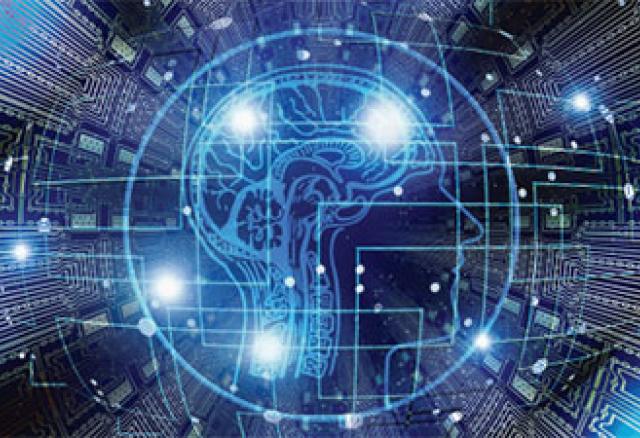Guilty of the Good We Did Not Do
Many of us marveled in awe in March 2018 at the sight of the Ghana teacher who, using colored chalk, drew on his blackboard a snapshot of how an open window of the Microsoft Word software would look like on the screen of a computer...






